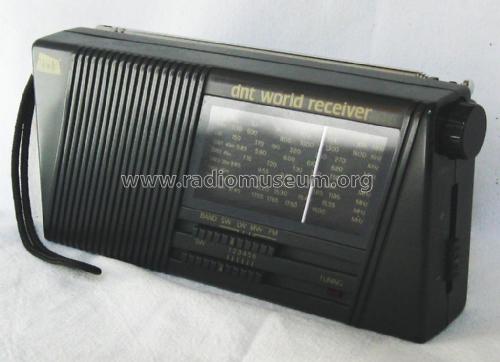

It is the first pidgin radio station in Nigeria and produces programs in Pidgin English, thereby enjoyed by all categories of people it is a comfortable station for all." "" listed Wazobia Fm Lagos as number one out of 10 best radio stations in Lagos State, adding that "It is the most favorite radio station visited by most Nigerians, especially in Lagos. The radio station airs a mixture of news, features, sport, music (from popular Nigerian music, hip hop, highlife to world music and reggae), talk shows, topical issues and interviews. Wazobia Fm Lagos is known for its humorous approach to broadcasting. It was founded in 2007 and belongs to Globe Communications Limited. Maritime Radionavigation (radiobeacons) 5.73Īeronautical radionavigation 5.77 5.80 5.80B 5.Wazobia 95.1 FM Lagos is a Nigerian Pidgin English radio station in Lagos state. MARITIME RADIONAVIGATION (other than radiobeacons) 5.73 5.74 MARITIME RADIONAVIGATION (radiobeacons) 5.73 Sensing (lightening and thunderstorm detectors) The National Frequency Table of Allocations (separated by Segment) is presented below

Stations providing secondary services are not restricted from claiming protection, however, from harmful interference from station of the same or other secondary services(s) to which frequencies could be subsequently assigned. Claiming protection from harmful interference from stations of a primary service to which frequencies are already assigned or could be subsequently assigned.

Causing harmful interference to stations of primary service to which frequencies are already assigned or to which frequencies could be subsequently assigned.According to technical specfications of the Radio Regulations developed for band sharing between services, stations providing secondary services are restricted from the following Primary services are prinited in UPPERCASE letters while secondary services are in lowercase letters with the first letter capitalized. If a frequency band is allocated to more than one service, such services are distinguished to reflect their status as either primary or secondary allocations. Services are allocated either on a primary or secondary basis. Remarks: Further information on band sharing/coordination, usage and (or) technical specifications are portrayed in the column termed Remarks.Nigerian Utilization: The column for Nigerian Utilization details the services actually deployed within each band.Nigerian Allocations: For each band, the column Nigerian Allocation outlines the services for which allocations could be made by the administrator.ITU Region 1 Allocations: The column for ITU Region 1 Allocations specifies the services tied to the various frequency bands for Region 1.Frequency Bands: The frequency bands constituting the allocated portion of the spectrum are outlined in the Frequency Bands column.Each of the six segments are presented using five columns as follows. segments) where each segment represents a range of frequencies. The table of allocations show the allocated spectrum bands, which are classified into six ranges (i.e. It is mandatory for all administrations to adhere to these allocations. Article 5 of the Radio Regulations deal with these frequency allocations which have been made from 8.3KHz to 300GHz. The objective of developing and sustaining a National Table of Frequency Allocation is to promote spectrum discipline, increase efficiency and usage.įor the purpose of frequency allocation, the world is divided into three regions. This table conveys the nation’s compendium prior to the World Radiocommunication Conference of 2015. After each World Radiocommunication Conference, as convened by the International Telecommunication Union (ITU), reviews to the table are made to reflect additions and modifications resulting from these conferences. This table has been developed and periodically reviewed in conformity with the international regulations governing radio spectrum and the international/ regional agreements acceded to by the Federal Republic of Nigeria in the capacity of the National Frequency Management Council. The National Frequency Table of Allocations is a compendium of frequency allocations to services applicable to Nigeria as well as a depiction of frequency usage in Nigeria.


 0 kommentar(er)
0 kommentar(er)
